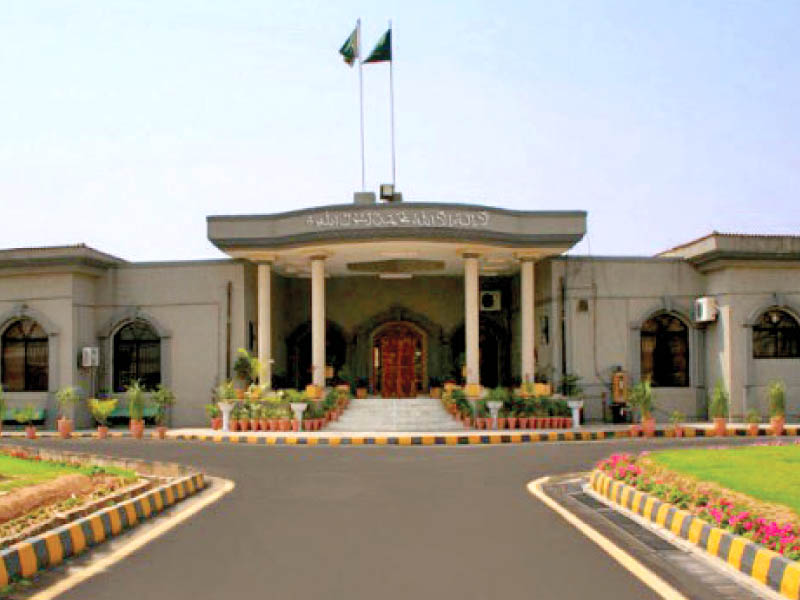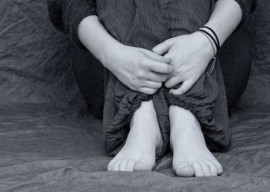
The Islamabad High Court (IHC) has taken strong exception to the Federal Investigation Agency’s (FIA) misuse of authority to harass media persons and violation of the assurances given to the court as well as the standard operating procedures (SOPs) circulated by the Cyber Crime Wing of the agency.
IHC Chief Justice Athar Minallah has said in his five-page order that the court had been informed that persons engaged in the profession of journalism were kept in illegal confinement and harassed by officials of the FIA in Lahore.
“The reckless exercise of powers by the Agency in the context of the offence under section 20 of the Act of 2016 has serious consequences for the guaranteed fundamental rights under Articles 19 and 19-A of the Constitution”, said the order.
“This Court cannot turn a blind eye because such conduct of the Agency undermines the proceedings before this Court besides strengthening the perception that abuse of powers by the Agency is aimed at achieving some extraneous purposes.”
The court order noted that the actions of the FIA officials ought to be within the mandate of the law and “must demonstrably show lack of the elements of mala fide” and abuse of power for achieving extraneous purposes.
Additional Attorney General Qasim Wadood assured the bench that he would seek a report from the FIA director general regarding the alleged abuse of powers by officials in violation of the assurances given to the court and the SOPs and whether any action had been taken against them.
Read More: LHC seeks police reply in harassment case
The court also asked the additional attorney general to get a report from interior secretary regarding the actions taken in compliance with the directions given in the November 3, 2020 order. The IHC in that judgment had given specific directions for preventing abuse of powers by the FIA and for safeguarding the fundamental right of free speech and freedom of expression.
However, the court regretted that no action seemed to have been ensued either by the FIA or the federal government. “Despite repeatedly advising the Agency to exercise care, this Court has been receiving grievances regarding abuse of the powers by the Agency,” the order said.
“The actions of the Investigating Officers while dealing with the complaints relating to section 20 of the Act of 2016 has, prima facie, created a perception as if powers were being exercised to suppress dissent or specific undesirable political opinions,” it added.
“The grievances brought before this Court have, prima facie, made it obvious that the complaints were not being dealt with fairly and in a professional manner. Such conduct was likely to have serious consequences for the constitutional guaranteed rights of the citizens, particularly under Articles 19 and 19-A of the Constitution.”
The court noted that the director of the Cyber Crime Wing of the Agency, Babar Barkat, on June 30 assured the IHC that in order to ensure that the powers were not abused, SOPs would be prepared to guide the investigating officers, while dealing with complaints relating to section 20 of the Act of 2016.
On the last date of hearing, the court was informed that the SOPs had been prepared and circulated throughout the country to prevent abuse of powers by the investigating officers.
The court directed the additional attorney general to submit a report before the next date, explaining why proceedings might not be initiated against the Cyber Crime Wing director for misleading the court and allowing the officials, directly or indirectly, to violate the prescribed SOPs.
“The additional attorney general shall also explain in his report whether the judgment, dated 03.11.2020 rendered in W.P.No.2939 of 2020 titled ‘Rana Muhammad Arshad vs. Federation of Pakistan, etc’ was brought to the attention of the Federal Government ie the worthy Prime Minister and members of the Cabinet”, the order further said.
The hearing of case is adjourned until September 27 for final arguments by the parties.

1731916090-0/sabrina-(3)1731916090-0-405x300.webp)


1732020599-0/BeFunky-collage-(73)1732020599-0-165x106.webp)
1731926127-0/zayn-(1)1731926127-0-165x106.webp)


1724319076-0/Untitled-design-(5)1724319076-0-270x192.webp)












COMMENTS
Comments are moderated and generally will be posted if they are on-topic and not abusive.
For more information, please see our Comments FAQ